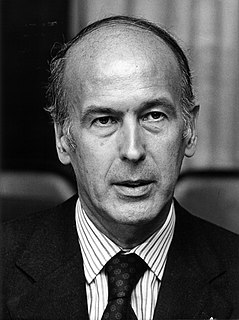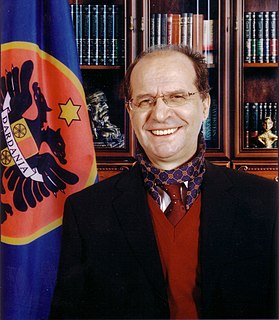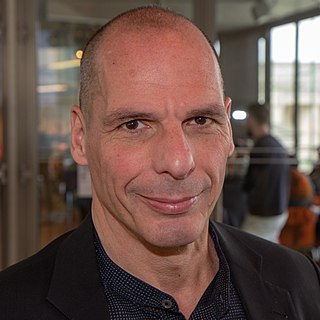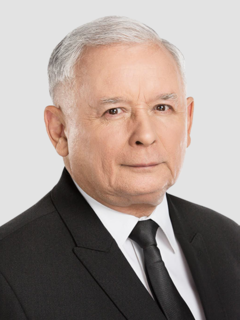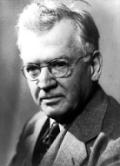A Quote by Joseph Stiglitz
A single currency entails a fixed interest rate, which means countries can't manage their own currency to suit their own needs. You need a variety of institutions to help nations for which the policies aren't well suited. Europe introduced the euro without providing those structures.
Related Quotes
The lesson for Asia is; if you have a central bank, have a floating exchange rate; if you want to have a fixed exchange rate, abolish your central bank and adopt a currency board instead. Either extreme; a fixed exchange rate through a currency board, but no central bank, or a central bank plus truly floating exchange rates; either of those is a tenable arrangement. But a pegged exchange rate with a central bank is a recipe for trouble.
At the time of the formation of the euro, I would say most American economists said that's not a good idea; that's not a currency area that makes sense. And the answer from Europe was, 'How is Missouri and Mississippi a currency area?' But the flaw in that was not recognizing the importance of mobility.
Love should be treated like a business deal, but every business deal has its own terms and its own currency. And in love, the currency is virtue. You love people not for what you do for them or what they do for you. You love them for the values, the virtues, which they have achieved in their own character.

